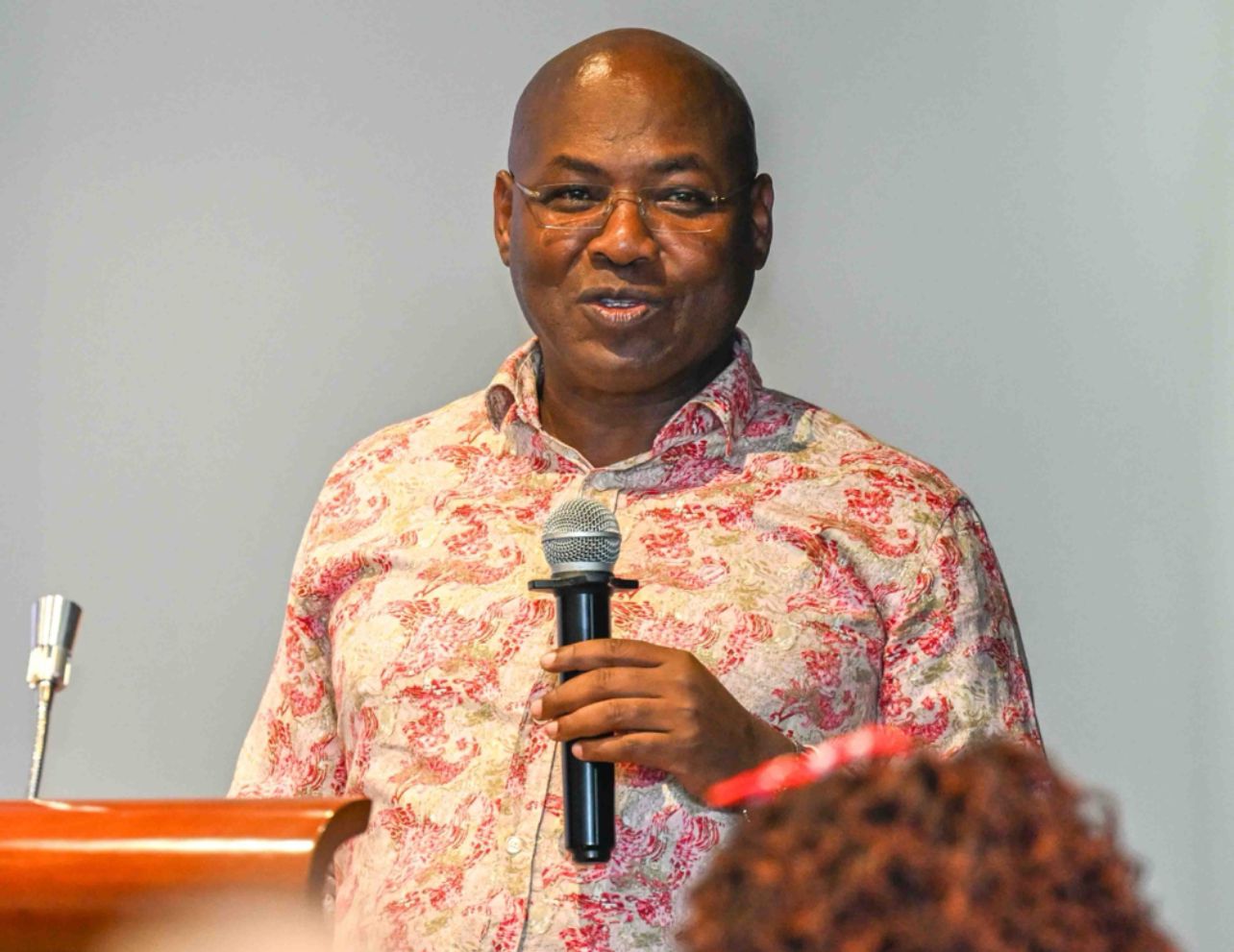
MoH urges MPs to plug Sh58bn funding shortfall under USAid » Capital News
NAIROBI, Kenya, Feb 19 – The delivery of critical health services in across the country faces significant uncertainty due to a Sh58 billion funding shortfall, the Ministry of Health has projected.
Services impacted include the publicly financed primary healthcare system and the supply of HIV commodities.
Documents presented to the National Assembly Health Committee by Medical Services Principal Secretary Harry Kimutai revealed a Sh30 billion deficit in primary healthcare funding, a cornerstone of the Universal Health Coverage (UHC) program.
Defending the 2025/2026 budget policy statement, the Principal Secretary said the shortfall threatens essential health services, including maternal and child healthcare, immunizations, and early disease detection.
A funding freeze impacting the United States Agency for International Development (USAID), following an executive order by US President Donald Trump, further exacerbates the situation.
The order, issued in January 2025, suspended all foreign aid for 90 days pending a review to ensure alignment with “American interests and values.”
This abrupt decision has severely impacted HIV treatment programs, which have long relied on US assistance.
Sh20bn deficit for HIV commodities
MoH faces a Sh20 billion funding gap to cover HIV commodities, reproductive, maternal, newborn, child, and adolescent health (RMNCAH), and human resources for health.
In response, Health Cabinet Secretary Deborah Barasa held talks today with U.S. Acting Ambassador Marc Dillard to reverse the funding freeze and safeguard the supply of essential medical commodities.
The suspension has directly affected the President’s Emergency Plan for AIDS Relief (PEPFAR), a US government initiative instrumental in Kenya’s fight against HIV/AIDS since 2003.
With over 1.2 million Kenyans relying on antiretroviral therapy funded by PEPFAR, the disruption has jeopardized the supply of life-saving drugs, forced clinic closures, and endangered thousands of patients dependent on uninterrupted medication.
“Chair, unfortunately, that is the scenario, but I can confirm that Cabinet Secretary Deborah Barasa is today holding a meeting to seek a resolution on this matter,” PS Kimutai told the committee.
9,500 health workers under US funding
Kenya’s HIV response depends on approximately 41,500 health workers nationwide, with about 9,500 supported by U.S. government grants.
The funding shortfall further impacts the procurement of essential commodities, with an additional Sh5 billion required for HIV, family planning, and vaccines.
The Ministry of Health has also struggled with vaccine shortages due to budget constraints.
In the 2023/2024 financial year, the immunization budget fell by Sh463 million, from Sh9.89 billion to Sh9.43 billion.
This financial contraction has led to acute shortages of vaccines for measles, rubella, polio, and BCG, critically affecting immunization efforts nationwide.
Major vaccine suppliers have halted deliveries due to unpaid bills, increasing the risk of vaccine-preventable diseases and undermining the country’s universal healthcare goals.
“Over the years, there have been perennial supplementary budget cuts to these programs, affecting the achievement of set targets. The State Department is requesting that these funds be ring-fenced in the FY 2025/26 and the Medium Term,” PS Kimutai emphasized.
Amid declining donor support, the National Blood Transfusion Service remains underfunded, struggling to meet the demand for essential commodities, including blood bags and equipment.